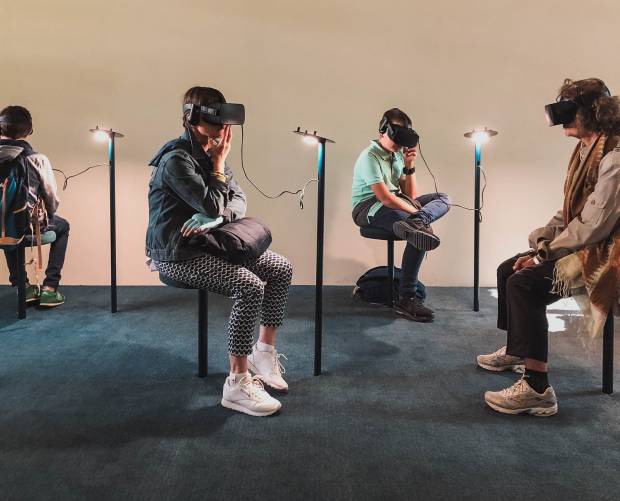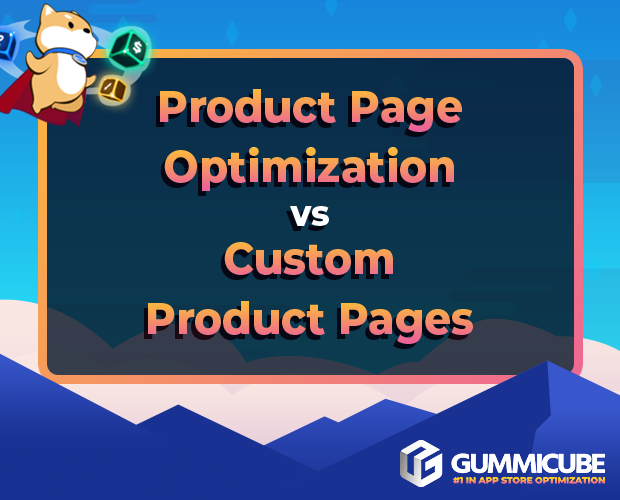Cascada Mobile's TAG technology enables mobile users to recommend applications they like to their friends, as Cascada Director of Product Development Brian Flanagan explains to David Murphy
 Earlier this year, Canadian company Cascada Mobile launched its TAG referral distribution technology in North America. TAG enables peer-to-peer distribution of mobile content, making it possible for consumers who have downloaded, say, a game to their handset, to refer the game on to one or more of their friends, giving them the option of buying it for themselves. Cascada believes the technology could help broaden the market for mobile games beyond the approximately 5% of mobile users who currently download 80% of the games.
Earlier this year, Canadian company Cascada Mobile launched its TAG referral distribution technology in North America. TAG enables peer-to-peer distribution of mobile content, making it possible for consumers who have downloaded, say, a game to their handset, to refer the game on to one or more of their friends, giving them the option of buying it for themselves. Cascada believes the technology could help broaden the market for mobile games beyond the approximately 5% of mobile users who currently download 80% of the games.
Konami Digital Entertainment was the first publisher to use the technology, to add referral distribution capabilities to its signature game, Frogger. The TAG-enabled version of Frogger is currently available to Cingular Wireless subscribers, with the intention of rolling out to other carriers over time.
Cascada is planning a European launch later this year, so we caught up with Director of Product Development, Brian Flanagan to find out more about the technology.
MM: Can you tell us about the rationale behind the development of TAG?
BF: Sure. The problem for publishers of mobile games content is that while the top 10 games sell well, if youre not in that top 10, youre pretty much out in the wasteland.
Its a few titles that earn all the money. The adoption rate for mobile gaming is low. There are only a small number of people who are aware that they can download content to their phone. In fact, there was a survey conducted by SKOPOS on behalf
I-Play, a mobile games company, that showed that only 5% of consumers have actually downloaded a game to their handset. So what we set out to do was to provide a way for early adopter users to educate or handhold their peers and friends to begin using these services.
The concept of peer-to-peer (p2p) marketing is not new, of course. But we were interested in the opportunity that you would create if you could move the p2p distribution of applications into the mobile space. Its been done very successfully on the web, but mobile is more challenging because of the variety of different operating systems, and the number of different devices with different configurations, so it has required a lot of porting and cross-device management.
MM: What has been the reaction to what youre doing?
BF: Its been
good. The carriers are very interested in this because they feel that
pain. There are millions of phones out there that support Java, but not
nearly as many people using the services. The developers are keen on it
too because they have been unable to market their applications, because
the carriers look at it and if its a game and it does not have a big
brand behind it, they tend not to be interested.
MM: And what about the
consumer brands?
BF: Same thing. Theres a great opportunity from the mobile marketing
perspective when you look at the way things are currently being done.
In the American market, the only opportunity for mobile marketers has
been text messaging. Its an interesting starting point, but you dont
get the brand in there, so theres no stickiness to it, no way of
having an ongoing relationship with the brand. Plus there are also the
challenges of opting in and all that kind of good stuff. Once youve
done your opt-in list, the campaign ends. So the opportunity as we see
it is to extend the campaign as you would on the web. So if you have
people opted in to receive marketing messages, you send them an
application for a major brand and provide an opportunity for them to
send it on to a friend. That enables you to increase the reach of the
campaign and amortise down your production costs
MM: So how does it
work?
BF: We publish APIs (Application Programming Interfaces) through
an SDK (Software Development Kit) that we provide to the developers.
They can add these APIs into any J2ME application, and these can then
be referenced from lots of places, the most obvious one being from the
menu of the game itself. Here, theres a Recommend link where they
enter their name and phone number (the first time) and the number of
the person they want to send the Recommendation to. This initiates a
Recommendation. We open a data connection and pass data into our
servers, which generates a WAP push to the sender and recipient. This
tells the sender that the status is pending, or, if their carrier does
not support the technology, it sends them a message saying the
Recommendation cannot be sent. We felt it was important to inform the
sender so that the recommendation does not go into a black hole.
The
recipient gets a personalised message, and when they click on the link,
they see an explanation of what the application is, and what the
purchase options are, such as a one-time free trial, 30-day rental, or
full purchase. The TAG system takes care of determining the version and
location of the application that will be compatible with the
recipient's mobile device and carrier.
The recipient is also given the option of blocking marketing messages.
They can block Recommendations from the person who sent that
Recommendation, or they can block all marketing messages from Cascada.
We have worked with privacy lawyers in the US, the UK and Canada, and
adopted the most stringent of all the regulations to make sure we are
above board. The last thing we want is for our messages to be perceived
as spam. We want people to use the service and to feel that they are in
control of it.
We also collect some of the data and provide reporting back to the
developer and data partners to see what users are up to. For example,
if there were a lot of Recommendations going out for a handset that is
not supported, the developer might want to do something about that.
MM:
And is it just about games?
BF: No. Any Java application can be tagged. We are currently looking at
other forms of content and how they would be distributed, but there are
still some challenges we have to overcome.
MM: And that European
launch?
BF: We are scheduled to begin testing across Europe at the
beginning of April. We are already in discussions with a number of
application developers and marketing firms and we should have our first
Cascada enabled applications in the European marketplace sometime in
late Q2.
Brian Flanagan was interviewed by Mobile Marketing Magazine
Editor, David Murphy
More interviews:
Nick Desai, Chairman and Founder, Juice Wireless. Read
Mike Baker, Enpocket CEO. Read




